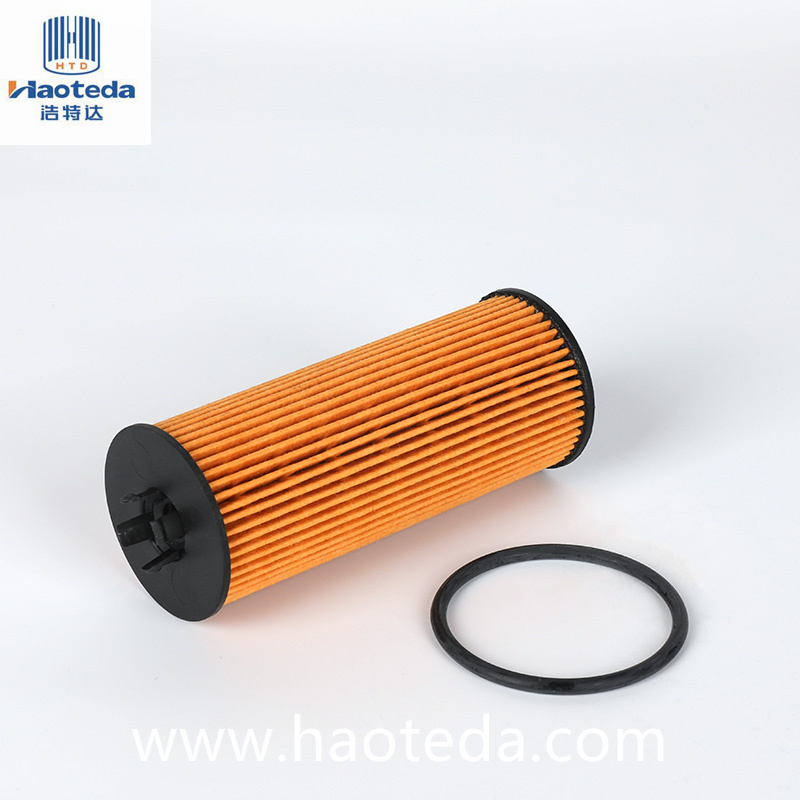The market demand for paper element oil filters, compared to alternative filtration technologies, reveals a nuanced landscape driven by a combination of performance, cost-effectiveness, and evolving technological trends. Paper element oil filters have long been favored for their balance of affordability and effective filtration, making them a staple in both consumer and commercial vehicles. Their design, which features pleated paper media, provides a significant surface area to capture contaminants while maintaining sufficient oil flow. This efficiency has solidified their place in the market, particularly for standard applications where cost and reliability are critical.
However, competition from alternative filtration technologies is reshaping the landscape. Synthetic media filters, for instance, are gaining traction due to their superior filtration efficiency and longer service life. These filters, which can trap finer particles and withstand higher flow rates, cater to premium and performance vehicle markets where higher standards of protection are desired. Despite their advantages, synthetic filters come at a higher price point, which limits their appeal in cost-sensitive segments of the market.

Metal mesh filters offer another alternative, particularly in high-performance and off-road vehicles where durability is essential. These filters are reusable and can be cleaned, potentially reducing long-term costs. However, their initial expense and maintenance requirements can deter some users, making them less popular than the more straightforward, disposable paper filters for everyday use.
Cellulose and fiberglass composite filters, which combine these materials to enhance filtration capacity, are also emerging in specialized applications that demand high dirt-holding capacity and extended filter life. While their adoption is growing in niche markets, they have not yet reached the broad acceptance of paper element filters.
Recent trends show an increasing emphasis on environmental sustainability, which impacts market dynamics. Although paper filters are recyclable, there is a growing push for solutions that minimize environmental impact even further. This shift is driving innovation across the industry, prompting advancements in filter technology that could influence future demand.
While paper element oil filters continue to dominate due to their reliable performance and cost-effectiveness, the market is witnessing a shift towards alternative technologies that offer enhanced filtration and longer service intervals. The rise of synthetic media, reusable metal mesh, and advanced composite filters reflects a broader trend of seeking higher performance and sustainability in automotive maintenance. As technological advancements and environmental considerations shape consumer preferences, the demand for paper element filters may evolve, but their established role in the market remains strong.
 English
English
 English
English Español
Español Français
Français
 +86-139-6774-0263
+86-139-6774-0263









